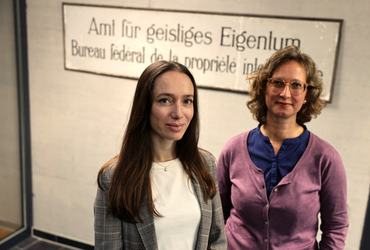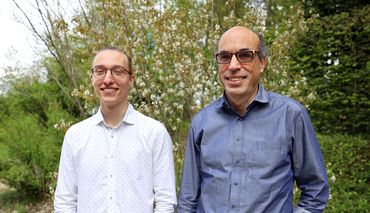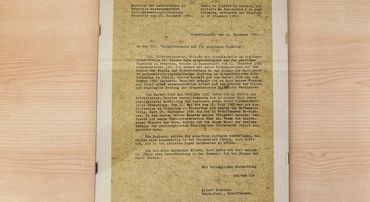After completing his Master’s at the University of Geneva, Mathieu Marchal considered doing an internship at the World Intellectual Property Organization (WIPO). However, he decided to look further into the Swiss Federal Institute of Intellectual Property (IPI) because it’s a hub for IP in Switzerland. “I also thought that the six-month internship there would be the perfect opportunity for me to improve my German,” he tells us. Mathieu found that the internship was very well structured. He spent the first two months in the Trade Mark Division, where he examined applications for international trade mark registration and issued opposition decisions. He then moved to the Legal & International Affairs Division, where he focused on legal questions from all areas of IP. “I learned a lot from the internship, both professionally and personally. I was a part of the team from the beginning, and my colleagues placed a lot of trust in me.” Mathieu says that the work was very varied and he was able to complete tasks on his own. However, he adds that there was always someone there that he could discuss things with openly and constructively. “The working environment at the IPI is extremely welcoming, and you feel valued as an employee.”
For IP professionals
This is the portal for professionals working in the field of intellectual property. Here you'll find direct access to all necessary resources.
Quick links
Intellectual property is constantly evolving
Mathieu Marchal loves working in a field that never stands still. He’s always been fascinated by intellectual property (IP) because it’s closely linked with the rapidly advancing technological and societal developments of our time. His end-of-internship presentation on artificial intelligence and copyright ownership sparked a lively debate among the attendees.
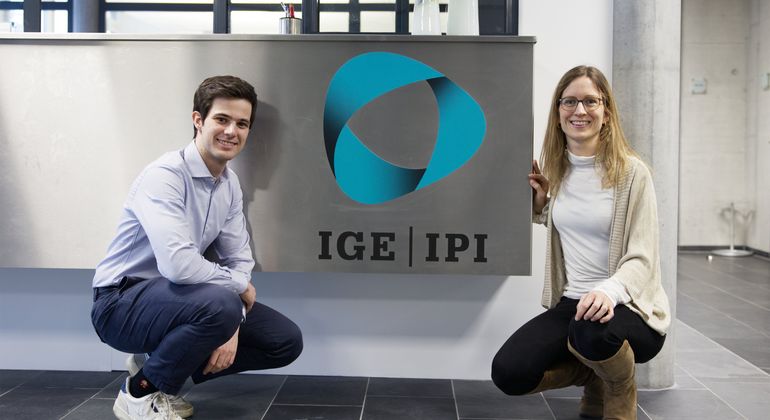
International and intercultural aspects
Before his internship, Mathieu wasn’t aware of how active the IPI is at international level. “It was really interesting to get an insight into the IPI’s international tasks. I was able to attend a conference at WIPO and at the WTO, where I was able to watch the IPI presenting Switzerland’s position. I thus discovered a side of intellectual property that I wasn’t really aware of before.”
The legal intern really appreciated the intercultural environment at the IPI. He observed that the cultural variety directly impacts the work at hand and that it can be very beneficial to look at a topic from different perspectives. “We had to examine a trade mark symbol, for example, which meant something completely different to me than it did to my German-speaking colleagues. We sometimes use different terms, and a lot of them can’t be translated word for word. You often find the solution by discussing it with others,” Mathieu explains.
Should AI be recognised as an author?
Mathieu’s end-of-internship presentation explored the question of whether artificial intelligence (AI) should receive copyright protection for the creative works it generates. He assumes that creative acts by AI will be recognised as such in future and that it should therefore also be deemed an author. This hypothesis sparked a lively discussion among the audience. That was also the aim of the presentation – to provide food for thought. This is just one of many AI-related topics to be addressed in legislation in the near future. For Mathieu, that’s the main appeal of the field: because IP is inextricably linked with innovation and the development of new technologies, it will continue to evolve and will never become superfluous.
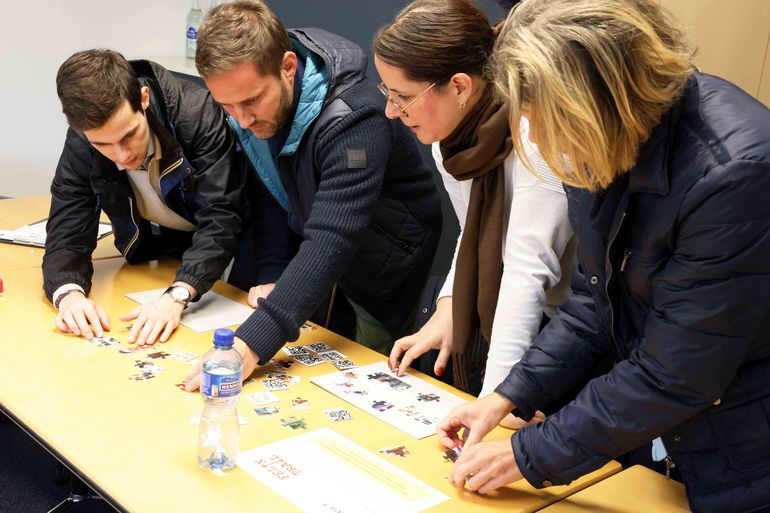
Copyright: IPI
Working in IP in the future
Mathieu has lots of plans for after his internship, beginning with 10 days of skiing holidays before starting law school in Geneva. He’ll study there for one semester before completing an 18-month internship at a Geneva-based law firm. His long-term goal is to take the bar exam. He’s also interested in other legal fields like competition law, contract law, and intellectual property in sport. “I like the variety and I don’t want to limit myself to just one area. I’d much rather work at the intersection of various disciplines. I’m sure, however, that I’ll be involved with intellectual property again in the future,” Mathieu concludes.

